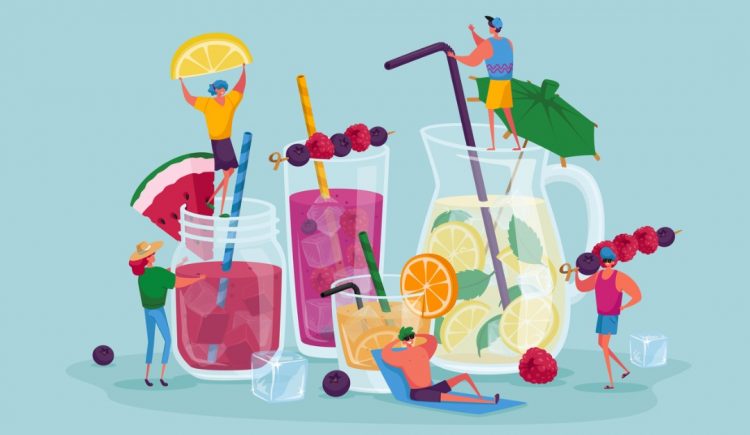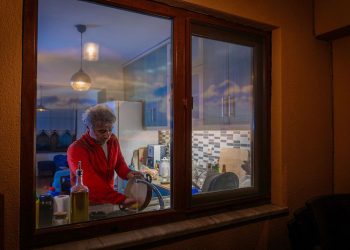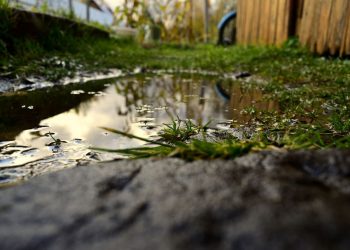Dehydration can occur in any season, but the risk is higher during the summer when people spend time outdoors, often in sweltering temperatures and direct sunlight. Sweat cools the body, but it also causes the body to lose vital fluids. A person can become dehydrated when fluids are lost through sweat and are not replaced. Here are some ways to keep your family hydrated this summer.
Consume Plenty of Fluids
When you and your family head out during the summer, take along enough beverages for everyone. Water is best, but sports drinks or juice can be good choices, as long as they don’t contain large amounts of sugar.
Alcohol can cause dehydration. Avoid drinking or, if you choose to consume alcohol, drink plenty of water, too.
The foods you eat can help you stay hydrated. Fruits and vegetables with a high water content can replenish some of the fluid lost by sweating.
The amount of water that a person should consume each day depends on several factors, including age, gender, and activity level. Children and senior citizens are more at risk for dehydration than people in other age groups.
Individuals who have certain medical conditions or who take certain medications may need more fluids than others. If you have questions about how much water you or a member of your family should drink every day, consult that person’s doctor.
Stay Hydrated, Even If You Don’t Think You Need To
People often don’t consume enough fluids because they don’t feel thirsty, then wind up getting dehydrated. It’s important to keep drinking fluids, whether you feel thirsty or not.
No matter how active or inactive you are, stay hydrated. You will still sweat if you’re lounging by the pool or reading a book on the beach.
You don’t just have to think about staying hydrated when you’re going to be outdoors. Make sure that you drink enough water every day, regardless of the temperature outside and what you’re doing.
Know How to Spot Signs of Dehydration
A person who is dehydrated may feel dizzy or lightheaded. Headache, fatigue, and dry mouth, lips, and eyes are other symptoms of dehydration. Someone who experiences those symptoms should drink water immediately.
If dehydration progresses to a more serious stage, the person will stop sweating and the skin will feel warm. A person who is experiencing heatstroke may hallucinate, lose consciousness, or have seizures.
If someone shows signs of dehydration, move the person to a cooler area and use a damp cloth or an ice pack to cool the person off. Have the individual lie down if feeling dizzy or lightheaded. Get medical assistance for someone who is disoriented or unconscious.
Put Safety First
Try to schedule outdoor activities for mornings, late afternoons, and evenings since temperatures are generally milder at those times. If it’s brutally hot out, stay inside as much as possible. Rest in the shade or go to an air-conditioned area if you aren’t feeling well.











